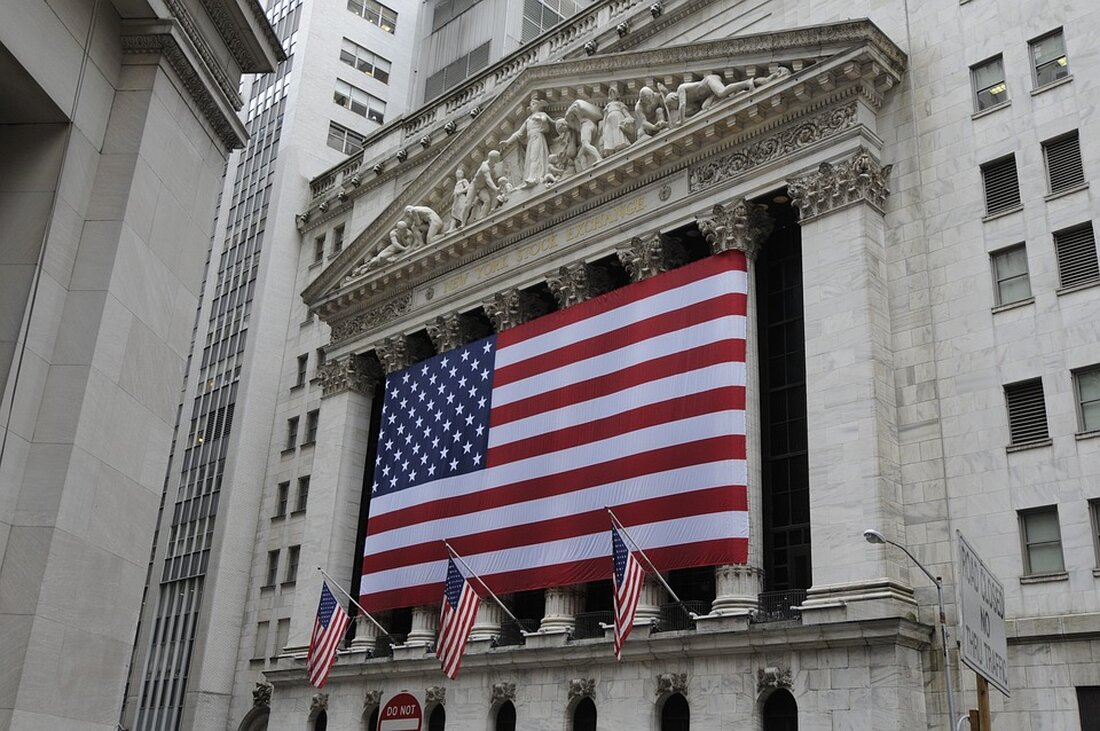Black Book Stock Exchange: Financial expert reveals the biggest bankruptcies and scandals
According to a report from www.tagesschau.de, the protective association of investors summarizes the biggest bankruptcies and scandals on the stock market in the “Black Book Stock Exchange”. In addition to the Swiss bank Credit Suisse, which fobbed off shareholders for less than one franc when it was taken over by the major bank UBS, companies such as Siemens Energy with the wind power disaster and the former Bavarian payment service provider Wirecard were also named due to scandals. The protection association also criticizes the authorities' failure to supervise developments on the stock and bond markets, as well as the risk for private investors caused by the StaRug law. The facts in the article show that investors are facing losses due to these developments. So...

Black Book Stock Exchange: Financial expert reveals the biggest bankruptcies and scandals
According to a report by www.tagesschau.de,
In the “Black Book Stock Exchange”, the investor protection community summarizes the biggest bankruptcies and scandals on the stock market. In addition to the Swiss bank Credit Suisse, which fobbed off shareholders for less than one franc when it was taken over by the major bank UBS, companies such as Siemens Energy with the wind power disaster and the former Bavarian payment service provider Wirecard were also named due to scandals. The protection association also criticizes the authorities' failure to supervise developments on the stock and bond markets, as well as the risk for private investors caused by the StaRug law.
The facts in the article show that investors are facing losses due to these developments. For example, Siemens Energy shares recorded a one-third daily loss. In addition, the limited capital market expertise among the authorities leaves investors with little scope for safe and transparent investments. Interestingly, the investor protection community still recommends investing your money widely in funds or ETFs (Exchange Traded Funds) in order to reduce the risk - especially at the beginning, before you deal with individual stocks or bonds to a certain extent.
These developments could mean that the market and the financial industry will see investors turn to ETFs and cross-sector funds to reduce their risk. At the same time, supervisory authorities and financial laws could come under increased pressure to increase capital market competence and transparency. The negative image of some companies and laws could also affect investor confidence in the stock market in the long term. Therefore, how these challenges are addressed in the industry will be crucial to maintaining investor confidence.
Read the source article at www.tagesschau.de

 Suche
Suche
 Mein Konto
Mein Konto
